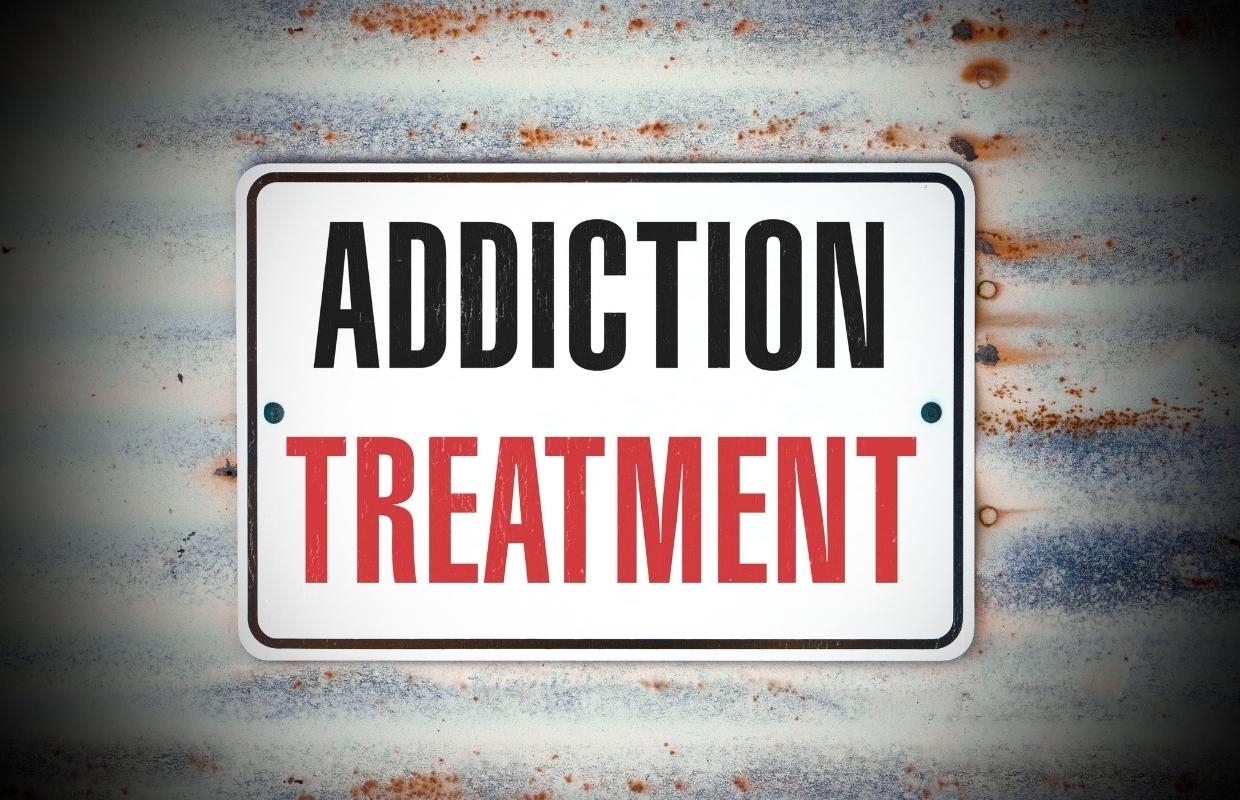Get effective alcohol addiction treatment designed to support recovery.
Comprehending Dependency Treatment: Exploring Reliable Programs for Alcoholism Recuperation and Mental Health And Wellness Support
Launching the trip toward healing from alcohol addiction entails a comprehensive technique that addresses both the physical and emotional aspects of reliance. Simultaneously, psychiatric therapy and medication-assisted therapies are tailored to mitigate the underlying mental wellness issues, commonly intertwined with addiction.

The Role of Medical Detoxing in Handling Alcohol Withdrawal
Clinical cleansing plays an essential duty in the administration of alcohol withdrawal, working as the preliminary action in the journey in the direction of recuperation. This process carefully checks and treats the intense physical symptoms of withdrawal that happen when an individual quits consuming alcohol. The main purpose is to support the person physically and alleviate prospective wellness dangers related to withdrawal, such as seizures and delirium tremens.
Physician often provide medicines to relieve signs, take care of pain, and stop complications. The regulated setting guarantees safety, addresses nutritional deficiencies, and prepares people for the following phases of addiction treatment. Successful cleansing is critical, as it forms the structure for more restorative treatments, concentrating on long-lasting recuperation and regression avoidance.
Psychotherapy Techniques for Double Medical Diagnosis Therapy
Integrative strategies, combining aspects from various therapeutic techniques, dressmaker treatment to private demands, enhancing the effectiveness of dual medical diagnosis monitoring (telehealth addiction treatment). Via these psychotherapeutic approaches, people gain understandings into their addictive habits and psychological wellness concerns, fostering an alternative healing procedure and dramatically boosting their top quality of life.

The Significance of Medication-Assisted Therapy (MAT)
While psychotherapy takes on the emotional elements of addiction, Medication-Assisted Treatment (FLOOR COVERING) plays an equally crucial role in attending to the physiological challenges. MAT makes use of FDA-approved medicines, such as naltrexone, buprenorphine, and methadone, to support mind chemistry, obstruct the euphoric effects of alcohol, and ease desires, leading the way for a lasting healing. These medicines, when integrated with behavior modifications, boost therapy effectiveness, minimize the threat of regression, and help preserve long-lasting soberness. By sustaining the biological basis of addiction, MAT addresses the detailed health needs of individuals, helping with improved outcomes in recovery programs. This integrated treatment options for drug abuse strategy ensures a much more durable structure for recuperation, emphasizing the requirement of dealing with both psychological and physical important link health and wellness elements in addiction treatment.
Incorporating Alternative Treatments Into Alcoholism Healing
Although Medication-Assisted Therapy (FLOOR COVERING) is essential, incorporating holistic therapies can dramatically enhance the healing process for those fighting alcohol dependency. Alternative therapies encompass a variety of non-medical recovery techniques that concentrate on recovery the mind, body, and spirit (fentanyl addiction treatment). Each of these practices aims to improve psychological health, decrease anxiety, and improve overall health, thus supporting the emotional and psychological aspects of healing.
Navigating Support Solutions and Area Resources for Sustained Healing
After attending to the person's holistic needs in alcohol addiction healing, interest should likewise be provided to outside aspects that add to sustained soberness. Support group and area resources play critical functions in this stage. Efficient healing programs highlight the significance of building solid networks, which can include support teams like Alcoholics Anonymous, opioid withdrawal relief family involvement, and recuperation mentoring. Neighborhood resources such as sober living setups and regional mental wellness solutions provide practical support and a safeguard throughout susceptible times. Involving with these sources encourages accountability, lowers sensations of seclusion, and improves resilience versus regression. Sustained recuperation is therefore seen not only as a person's journey yet as a community-supported procedure, cultivating an atmosphere where continuous recuperation is nurtured and commemorated.
Conclusion
To conclude, reliable alcoholism healing programs incorporate a complex technique that includes medical cleansing, psychiatric therapy, and medication-assisted treatment. Incorporating holistic therapies and leveraging assistance systems are essential for resolving both physical and mental health and wellness difficulties. Such thorough treatment not just assists take care of withdrawal signs and symptoms yet also supports lasting soberness and mental well-being, thus improving an individual's capability to lead a healthier and much more satisfying life post-recovery.